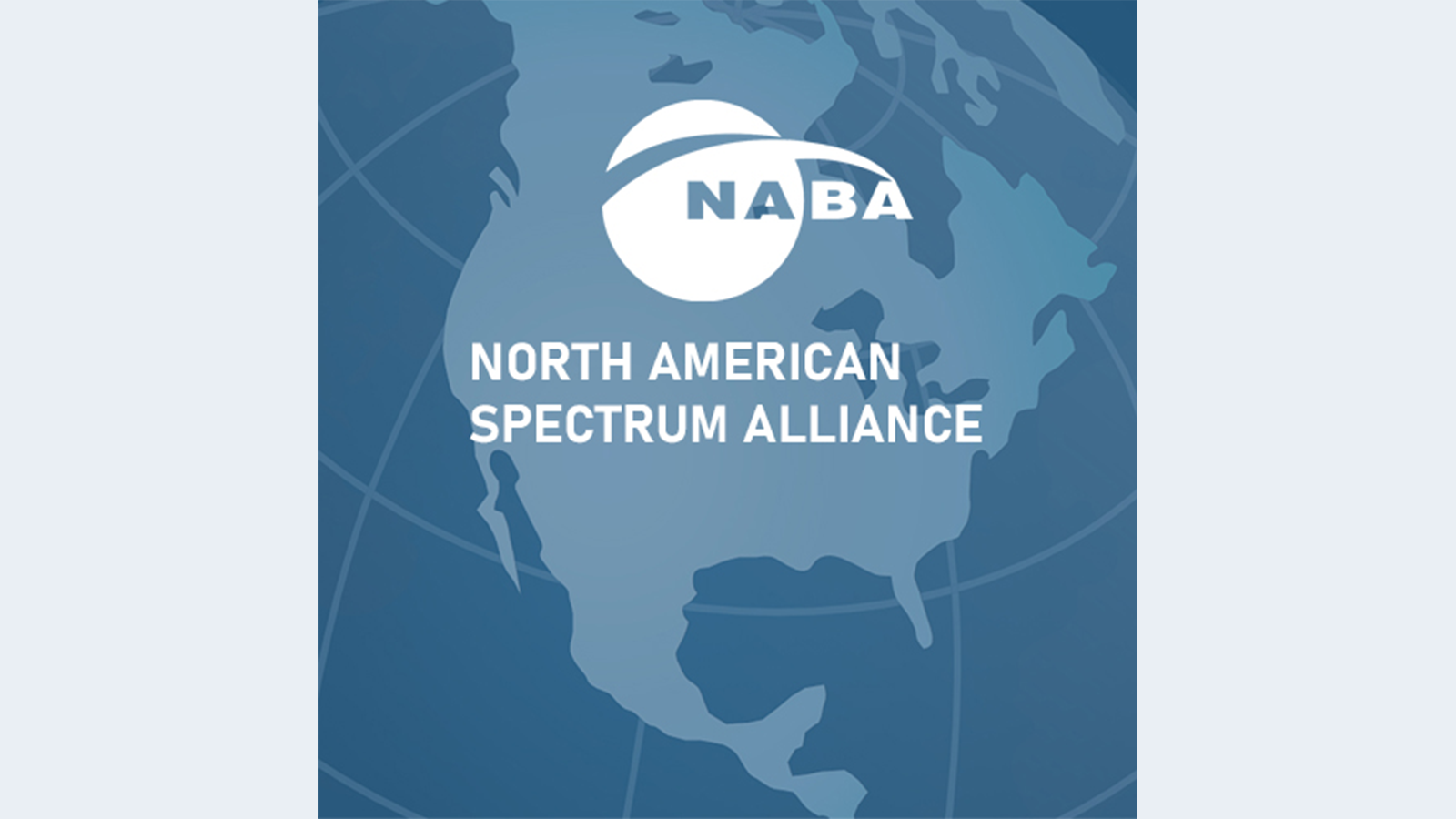FEEDBACK
Metadata interchange
Dear Brad Gilmer:
I thought the July 2007 Computers & Networks column titled “Metadata interchange” was a great article. Clearly standardized metadata is becoming increasingly necessary. Sure, today we may have standards, but I think we have too many of them.
I hope the Task Force's work on a standardized wrapper goes well and that its recommendations are universally adopted. Standards aren't really standards if everybody's got a different one.
Mike
New Mexico
Brad Gilmer responds:
The industry has talked about the importance of metadata for many years. I think everyone realized that it is vital, but users are just beginning to harness the power this can bring to their facilities. Why did it take so long? Well, first tape-based technology needed to be converted to files. Then video and audio needed to be interchangeable. It turns out that this was no simple feat! Finally, metadata was at a point where it could aid workflows, but before it could do that, it needed to get past proprietary solutions. All of this took some time, but I think you will see major advances in this area in the coming years.
DTV education needed
Get the TV Tech Newsletter
The professional video industry's #1 source for news, trends and product and tech information. Sign up below.
Dear editor:
I am president of WatchTV, a Class A and LPTV operator in Oregon. I am also a past president and current board member of the Community Broadcasters Association (CBA), www.dtvnow.org. By writing you this letter, I hope to shed some light on an issue that the CBA has with the upcoming DTV transition.
First, let me give you a little background information. TV translator, Class A and LPTV stations are exempt from the Feb. 17, 2009, DTV deadline. There are more than 7300 such stations in the United States, which is more than four times the number of full-power stations. That means only one-fourth of transmitters will cease analog broadcasting in 2009.
The CBA is concerned that publicity about the DTV transition is misleading if it suggests that no over-the-air analog TV service will be available after the 2009 deadline.
Moreover, Class A and LPTV station viewers should not be misled into believing that they must buy digital receivers to continue to view these stations. These consumers will be further misinformed if they are encouraged to subscribe to cable and satellite television services that do not carry Class A and LPTV stations.
Here's what should be done in order to avoid misleading viewers:
- Publicity about the digital transition should be fully informative.
- Class A and LPTV stations need additional opportunities to apply for digital companion channels.
- Mutually exclusive digital companion applicants should be permitted to settle by selecting new channels that are not mutually exclusive rather than being forced into auctions.
- Congress should be encouraged to pass legislation affording must-carry rights to all television broadcasters, not just full-power TV broadcasters.
The CBA has met with FCC commissioner Jonathan S. Adelstein and Rudy Brioché, the commissioner's legal assistant for media issues, with its concerns. We hope that the FCC and other organizations who are helping to advance the DTV transition will remember that some analog service will remain available after the transition. We also hope that consumers will be educated rather than misled.
Greg Herman
President
WatchTV
